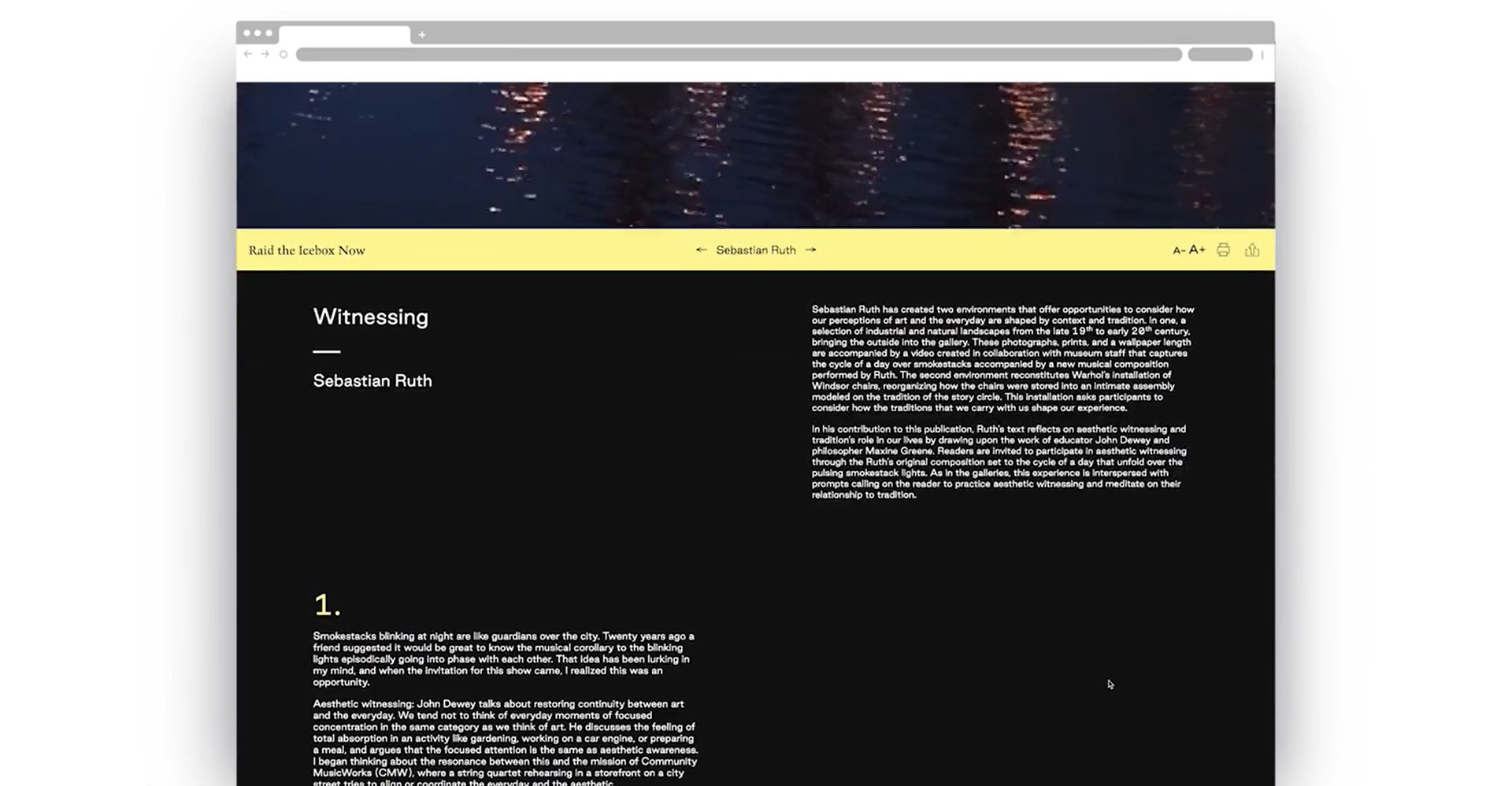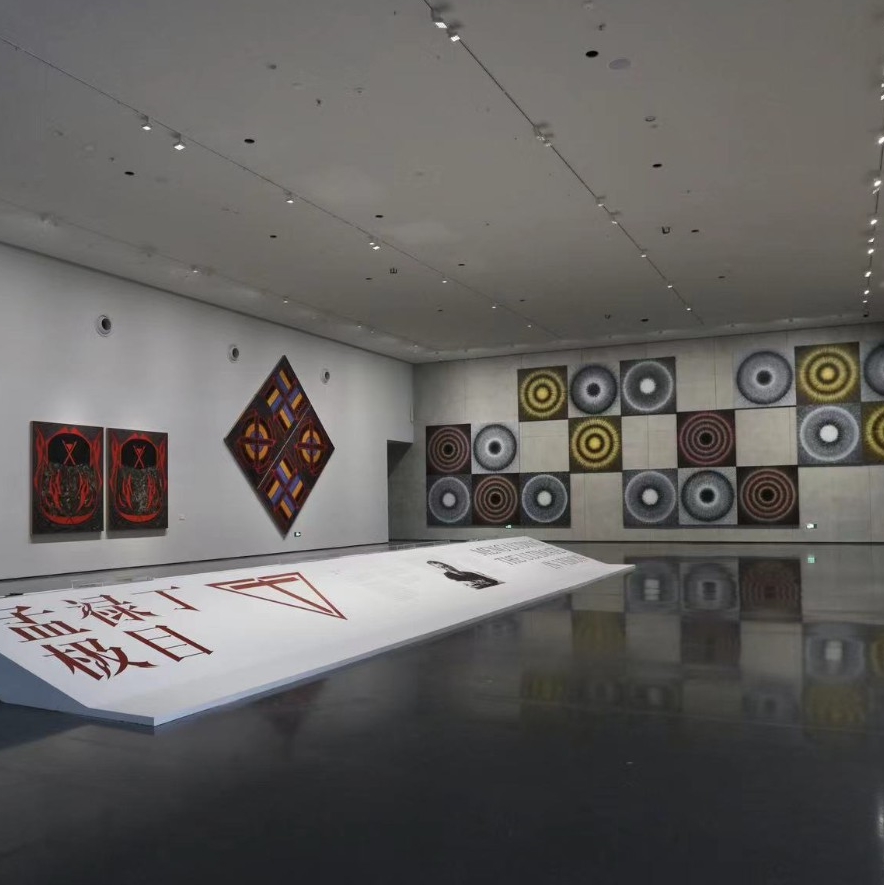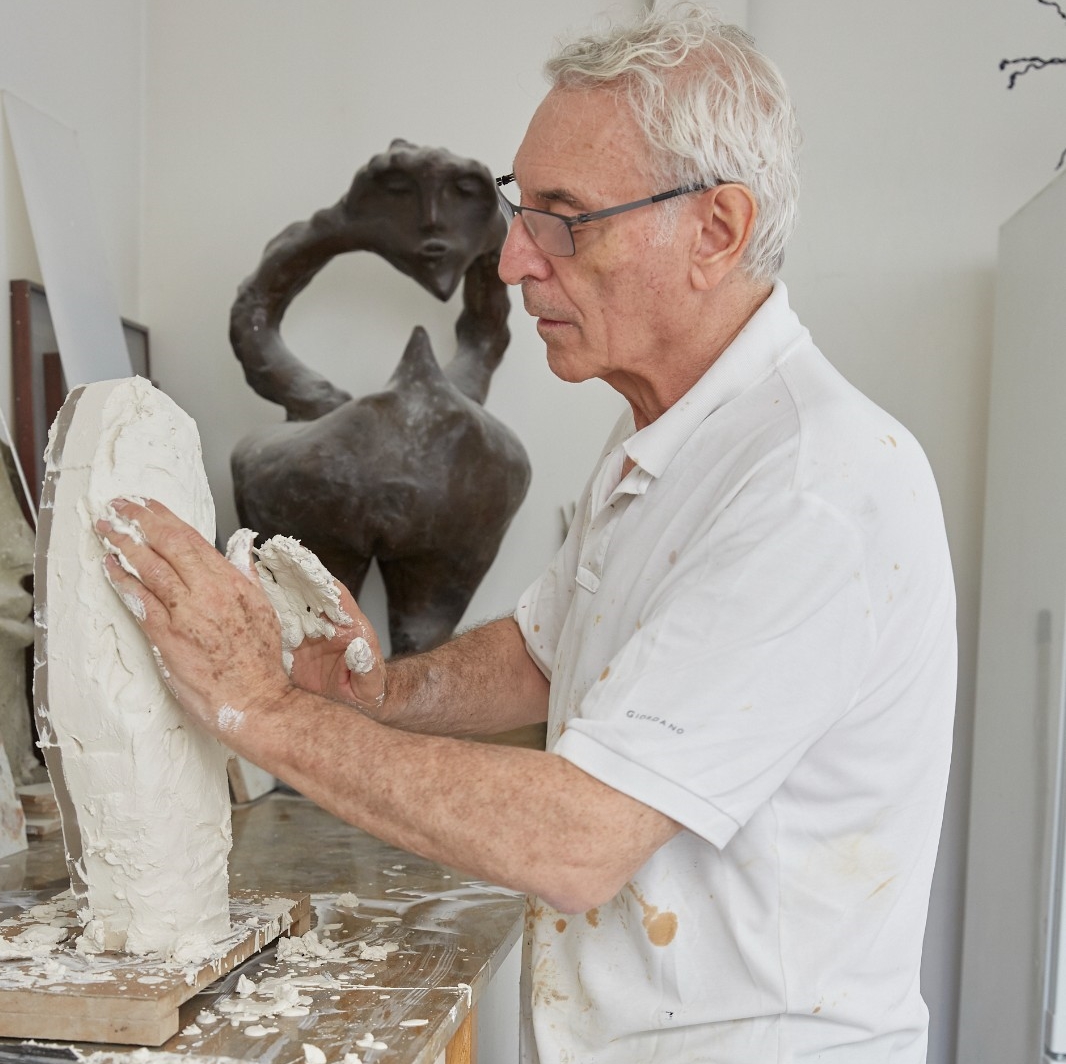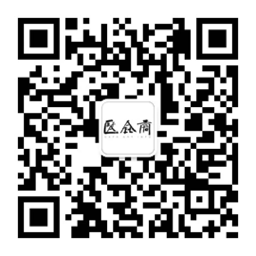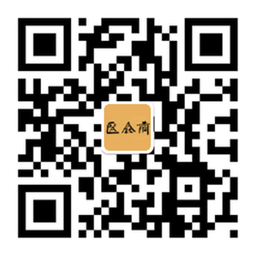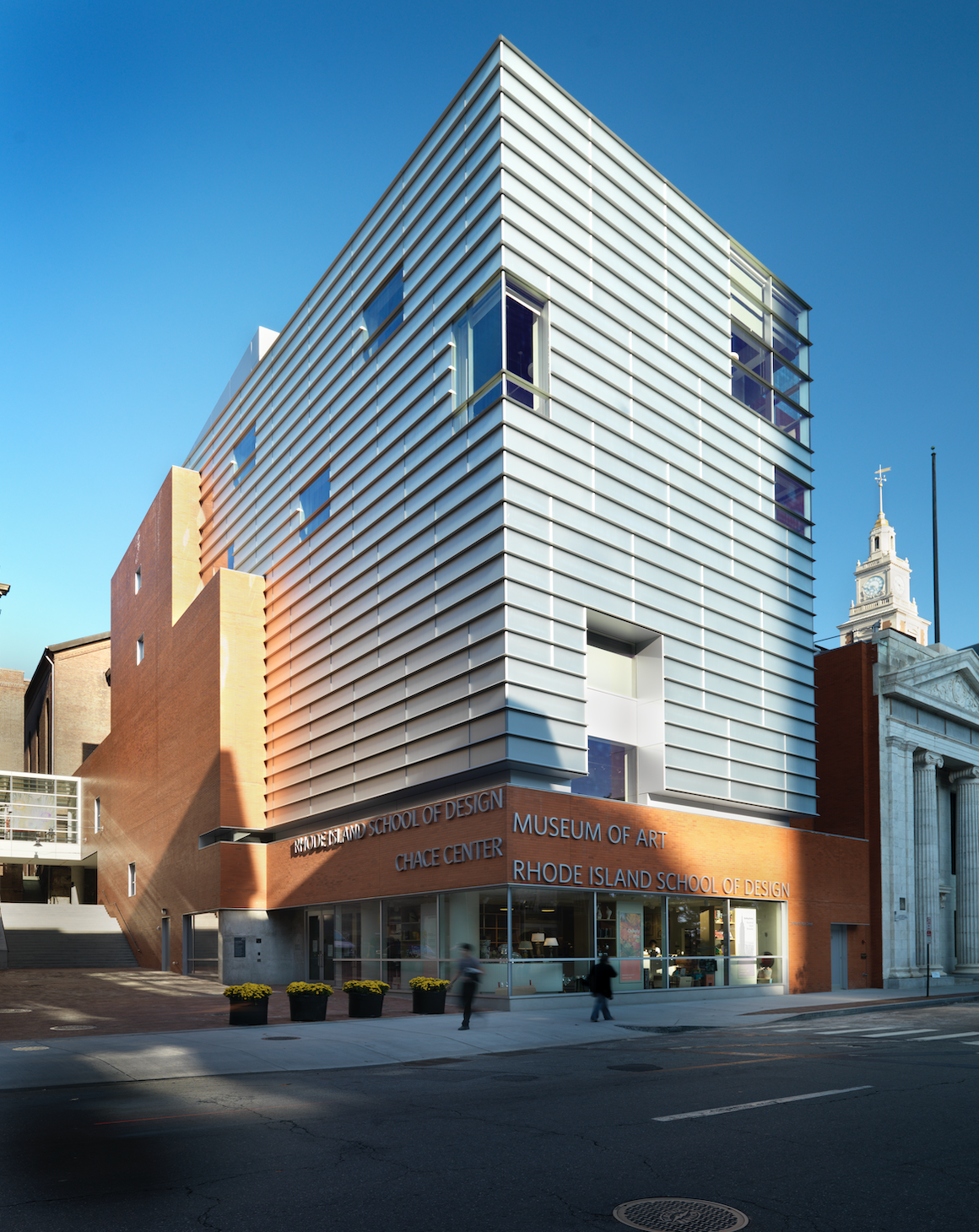
—Mr. John W. Smith
The sudden pandemic spread in early 2020 has disrupted the exhibition plans of most international art museums. Almost all art museums have temporarily closed their exhibitions and adopted corresponding online digital galleries to effectively curb the spread of the pandemic, thus ensuring the safety and health of art communities around them. Topics such as “the future form and role of art museums,” “art education and publicity,” and “digitalization and free sharing of knowledge and collection” have once again received public attention and triggered discussions.
Established in 1877, RISD Museum acts as a creative community and features art representing diverse cultures from ancient times to the present. With the focus on the art maker, the collection of the RISD Museum contains more than 100,000 works of art and design. Currently, 81,630 of these artworks are available online.
Mr. John W. Smith joined RISD Museum since September 2011, and he has devoted himself to strengthen the museum's relationship with the college and the community. Prior to the director of RISD Museum, Mr. John W. Smith worked as director of the Smithsonian Institution's Archives of American Art from 2006 to 2011, and served as assistant director for collections, exhibitions and research at the Andy Warhol Museum in Pittsburgh, PA for 11 years.
Like most art institutions around the world, RISD Museum is temporarily close to the public due to the pandemic. Facing the “slow-burning” catastrophe since the beginning of 2020, what kinds of measures have the RISD Museum taken? As the museum associated with Rhode Island School of Design, how would RISD Museum deal with the target audiences from both the community in the college and the general public? Based on its rich online resources and mature digital technology, how would the RISD Museum respond to the rise of online exhibitions and projects during the pandemic? CAFA ART INFO specially conducted an interview with Director John W. Smith to explore the current situation and possible directions of the museum field under the global catastrophe.

John Smith, RISD Museum Director.
Photograph by Josephine Sittenfeld. RISD Museum, Providence, RI.
Interviewee: Mr. John W. Smith
Interviewer: Emily Weimeng Zhou/CAFA ART INFO
Interview Date: April 22, 2020
CAFA ART INFO: Hello, Mr. John W. Smith! Thanks for your time for the interview. Under the worldwide pandemic spread in early 2020, numbers of museums have announced temporary closure and either postponed or canceled their exhibitions and events plans. Can you briefly introduce the current situation of the RISD Museum?
Mr. John W. Smith:The RISD Museum closed to the public on Friday March 13, 2020 until further notice. Since then, all staff has been working remotely. The museum continues to have full time security and our collection conservators are making periodic visits to assess the condition of the art collection.
CAFA ART INFO: According to our research on the overseas art institutions’ responses to the COVID, we realized that the severe condition within the international museum field had triggered emergency measures such as staff layoffs, furlough, salary reductions, etc. Also, some prestigious art academies are confronting their financial crisis and seeking external support to survive. When facing such shared-challenges, what measures have RISD Museum taken to make a response?
Mr. John W. Smith: So far, the RISD Museum has not laid off or furloughed any staff. All staff is currently being paid at their regular salary. I have voluntarily taken a 10% reduction in my salary. We continue with our fundraising strategies and have been successful. We continue to closely monitor our budget and have several contingency plans to put in place if necessary. Our priority is to maintain all staff positions throughout the duration of the crisis and find other ways to significantly reduce our budget.
CAFA ART INFO: Like the CAFA Art Museum, the RISD Museum has an intimate relationship with the Academy - Rhode Island School of Design. Besides the social responsibilities of art education for the general public, as an art academy-based museum, the RISD Museum may also focus on specialized art practice and education. As the director of the RISD Museum, how will you examine the gain and loss led by the pandemic in both art education and the museum fields?
Mr. John W. Smith: From the beginning of this pandemic and through RISD’s transition to remote learning, the museum staff have prioritized finding ways to support the faculty and students of RISD through digital projects. These have been successful and we continue to build on this work. I have weekly conversations with my museum colleagues across the U.S., particularly museums associated with colleges and universities, to share ideas and to plan for the future. Since the pandemic is ongoing, it is difficult to fully assess the impact but this will clearly influence the way we work for a very long time.

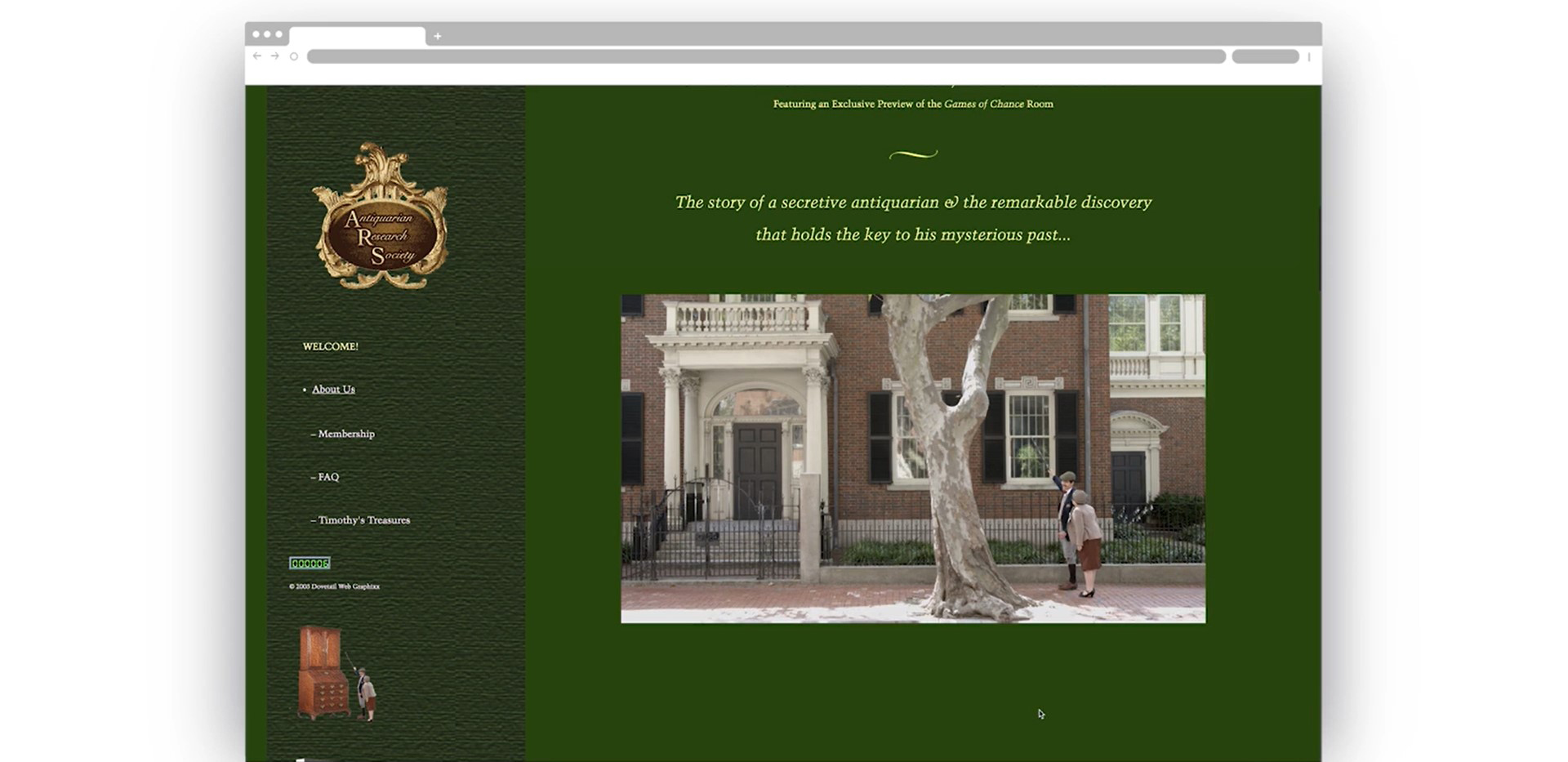
RISD Museum Raid DigiPub Still
CAFA ART INFO: In this special period, how does/will the RISD museum cooperate with the Academy to ensure the regular education schedules and the art resources to both staff and students within the Academy as well as the general public?
Mr. John W. Smith: As I mentioned in the previous question, we have shifted all of our work toward digital. Fortunately, the RISD Museum has been investing in technology for several years and has a team of staff who are very innovative and creative in developing unique opportunities for both the academic and the wider community to use our resources. We are also working closely with the K-12 school system [1] to assist in their remote learning since all schools in Rhode Island are closed.
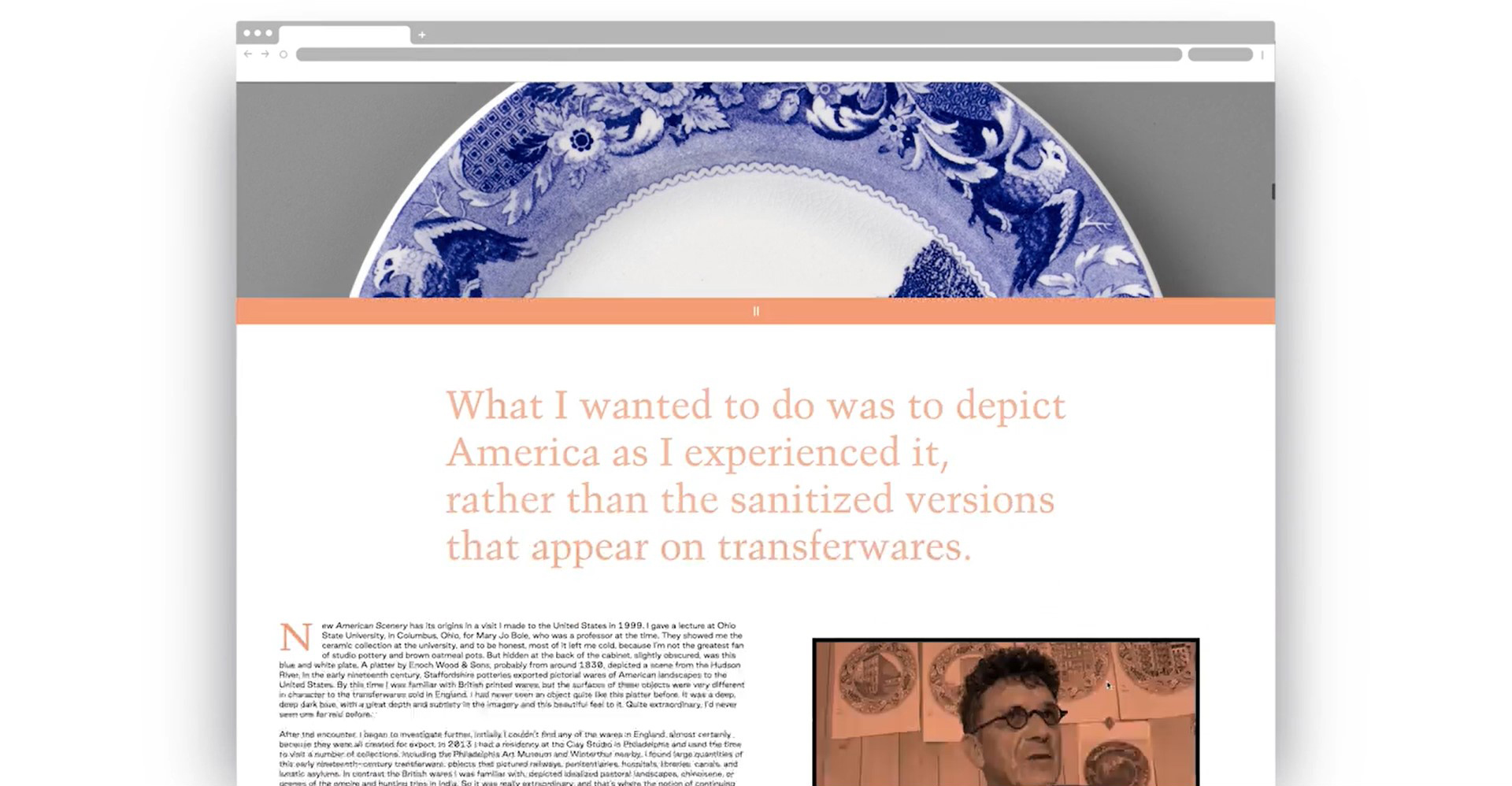
RISD Museum Raid DigiPub Still
CAFA ART INFO: In “A Message from Museum Director” posted on the RISD Museum’s website, you mentioned that the Museum projects and publications are always available for browsing online, and its social media accounts are alive with activities anyone can follow. It seems that museums and art institutions are shifting to the online and virtual programs currently due to the temporary closure of their physical spaces. How do you understand the function and the significance of online platforms for the museum field at this stage?
Mr. John W. Smith: We have never viewed our online initiatives as a surrogate for the museum but rather an opportunity to enhance the user experience in ways that are unique to a digital platform. Our website and social media provides global access to the RISD Museum’s collection and other programs and allows us to engage with audiences throughout the world, many of whom will never make a physical visit to the museum. As the current pandemic demonstrates, museums have an opportunity and an obligation to our educational mission to continue to serve our community under even the most difficult circumstances. We expect to learn a lot during this time about which of our digital projects are have been successful and which have been less successful.
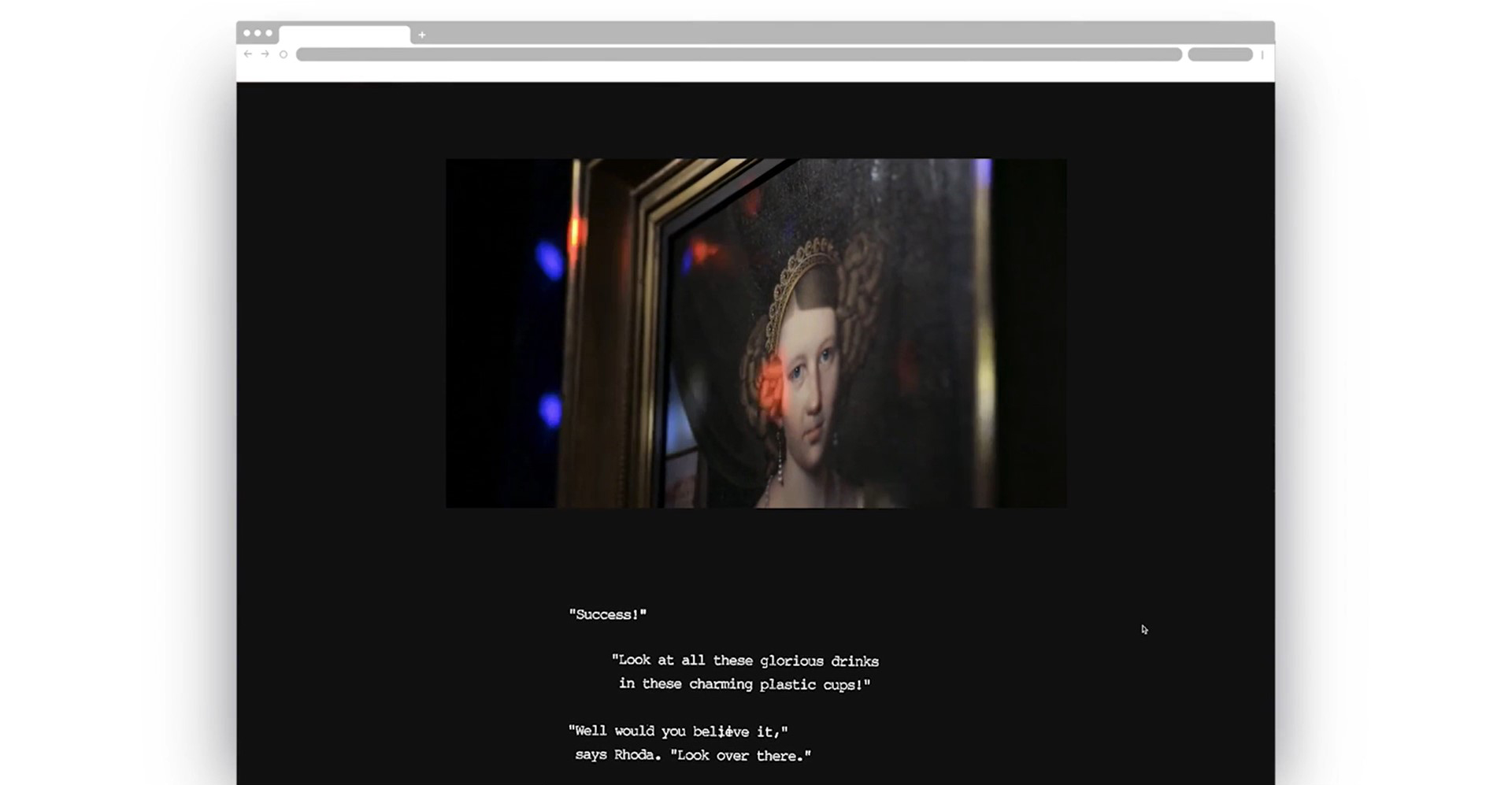
Still from Raid the Icebox Now
Published online in December 2019 by the Museum of Art, Rhode Island School of Design.
CAFA ART INFO: What is the RISD museum’s plan for the next step? What measures do you expect that the museum field needs to take to get over the tough period?
Mr. John W. Smith: While it is still unclear when we will be able to reopen, we are certain that new procedures will need to be in place to ensure the safety our staff and visitors. These will likely include requiring visitors to wears facial masks, maintain physical distancing, and other procedures as stipulated by the Center for Disease Control and the Rhode Island Department of Health. We also foresee as many staff as possible to continue working remotely to reduce the density of office spaces.
Additionally, museums will need to be very creative in working with reduced financial resources. It will require all of us to thoughtfully reflect upon our core mission and institutional values and to prioritize the work that most closely aligns with our mission and the needs of our community.
Note:
[1] K-12, a term used in education and educational technology in the United States, Canada, and possibly other countries, is a short form for the publicly-supported school grades prior to college. These grades are kindergarten (K) and the 1st through the 12th grade (1-12). (If the term were used, "13th grade" would be the first year of college.)
Source: https://whatis.techtarget.com/definition/K-12. Accessed on 6 May, 2020
Image Courtesy of RISD Museum.
For more information, please visit: https://risdmuseum.org/


